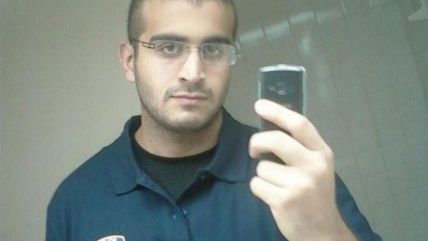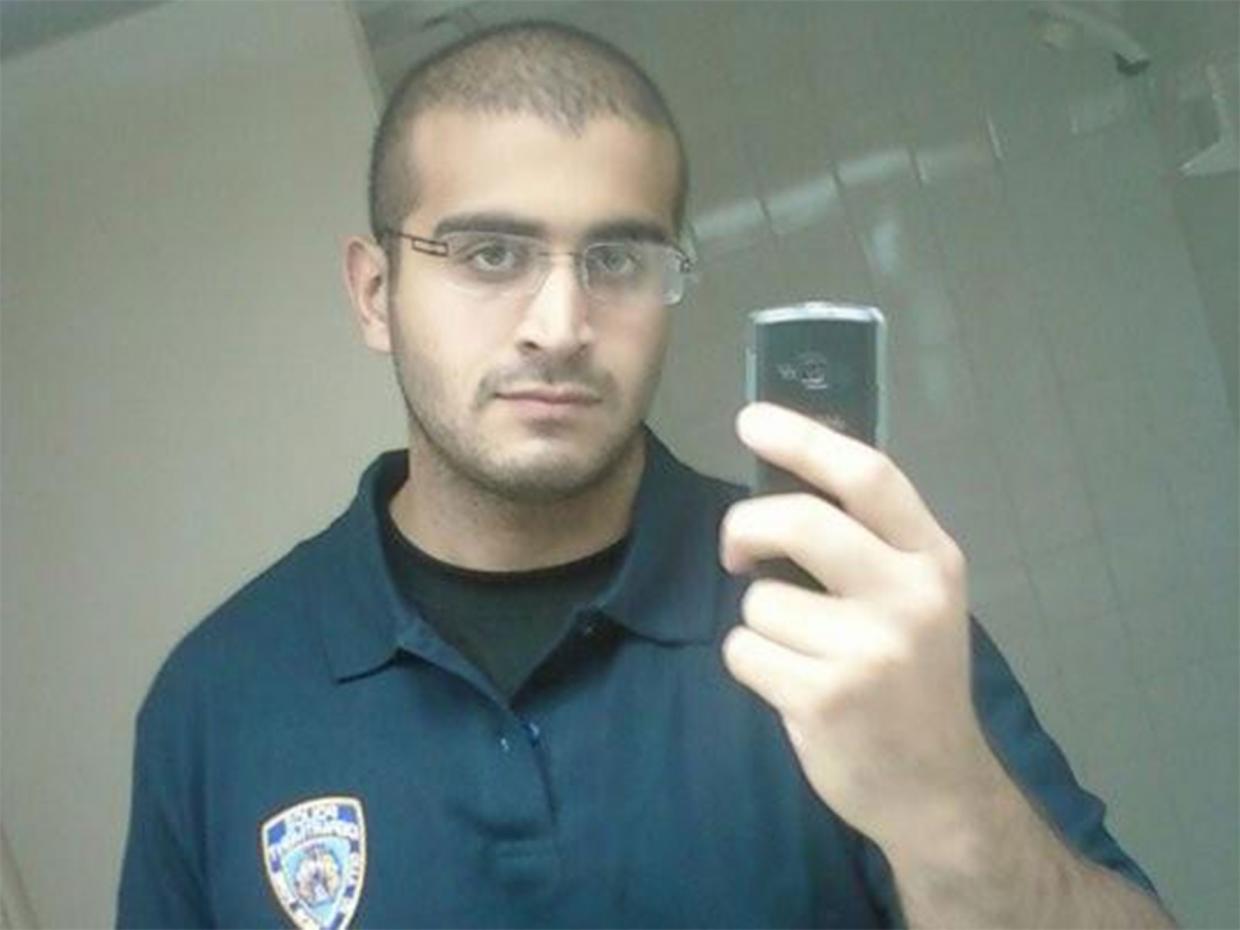After Orlando, Irrelevant Solutions Dominate Discussion
Violence leads to parade of bad or useless policy proposals.


In the aftermath of the mass shooting in Orlando, our leaders have shown a talent for devising remedies that are clear, simple and irrelevant. One politician after another has stepped forward with remedies that would not actually have stopped or appreciably hindered Omar Mateen from carrying out his slaughter.
John McCain thinks it happened because the United States pulled out of Iraq. Our withdrawal led to the rise of the Islamic State, McCain said, which makes President Barack Obama's decisions "directly responsible" for the massacre.
McCain clearly doesn't know what "directly" means. But even accusing the administration of indirect responsibility would be far-fetched. Mateen proclaimed his allegiance to the Islamic State in a phone call during the attack, but he also mentioned his admiration for the Boston Marathon bombers, who were inspired by al-Qaida. In 2013, he said he was a member of Hezbollah.
These groups, by the way, are not allies but enemies of the Islamic State in the Syrian civil war. But Mateen apparently was willing to claim any radical Islamist group. If the Islamic State didn't exist, he would have managed to find inspiration in a different jihadi group.
Donald Trump took the opportunity to reiterate his proposal to ban Muslims from coming to the U.S., as well as anyone from countries with "a proven history of terrorism against the United States, Europe or our allies." Does that include visitors from Germany, where some of the 9/11 hijackers lived? Or Britain, home of shoe-bomber Richard Reid? How about France, which suffered a horrific attack in November?
In any case, Mateen was born in the U.S.—as was Syed Rizwan Farook, who carried out the attack last year in San Bernardino. Trump's ban wouldn't have affected them in the least. Imposing it today might (or might not) prevent mass shootings in 2047, but not in 2017.
Hillary Clinton interpreted the Orlando murders as proof of the need to ban the sale of "assault weapons" such as Mateen's Sig Sauer MCX. Her idea is beside the point for a couple of reasons. One is that 73 percent of mass shooters, according to a Congressional Research Service analysis, don't use such guns.
Another is that her ban wouldn't prevent the sale of other semi-automatic guns that are functionally indistinguishable from the weapon the shooter used. Even if assault weapons were forbidden, terrorists would have plenty of other firearms from which to choose.
Outlawing "assault weapons" would no more stop someone like Mateen than outlawing Ryder trucks would have stopped Timothy McVeigh from bombing the federal building in Oklahoma City.
How about banning high-capacity magazines, such as the 30-rounder Mateen used? He could have overcome that obstacle by bringing several 10-round magazines, which can be switched out in seconds. Or he could have brought more guns, besides the Glock handgun he had.
It's not impossible that restricting Mateen to a smaller magazine in his rifle would have made a difference, but it's unlikely. Over 20 years, Florida State University criminologist Gary Kleck writes, the 2011 attack on Rep. Gabby Giffords is "the only known instance of a mass shooter using a semiautomatic firearm and detachable magazines in which the shooter was stopped by bystanders while the shooter may have been trying to reload such a magazine."
Clinton also proposed to forbid gun purchases by suspected terrorists. Sen. Dianne Feinstein, D-Calif., and Rep. Peter King, R-N.Y., have proposed legislation barring sales to anyone on the FBI's terrorism watch list. But that hurdle wouldn't have stopped Mateen, who had been investigated twice by the FBI, cleared and taken off the list.
Supporters of the bill cite a study by the Government Accountability Office that found that 2,043 people on the terrorism watch list bought guns from licensed dealers in the past decade. You could take this as proof that it's too easy for terrorists to buy guns—or as proof that it's too easy for the government to classify you as a terrorist. How many of those buyers ever committed acts of terrorism? The GAO couldn't say, but if any did, the number was far fewer than 2,043.
Our leaders can do a lot of things about mass shootings in the wake of Orlando. But we shouldn't expect any of them to prevent the next one. You can give them credit for trying, but they fixate on imaginary solutions because nobody has a real one.
© Copyright 2016 by Creators Syndicate Inc.


Show Comments (111)